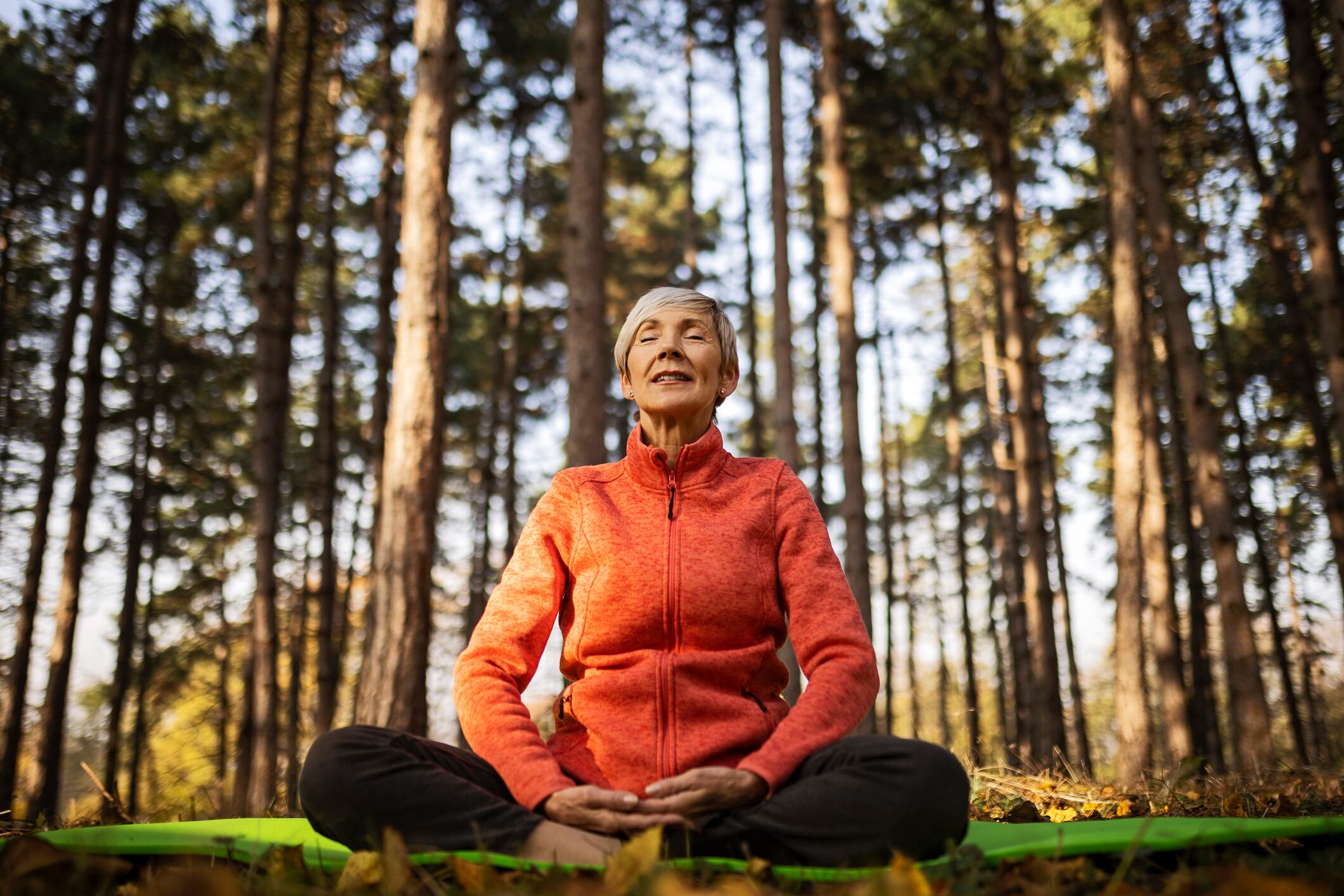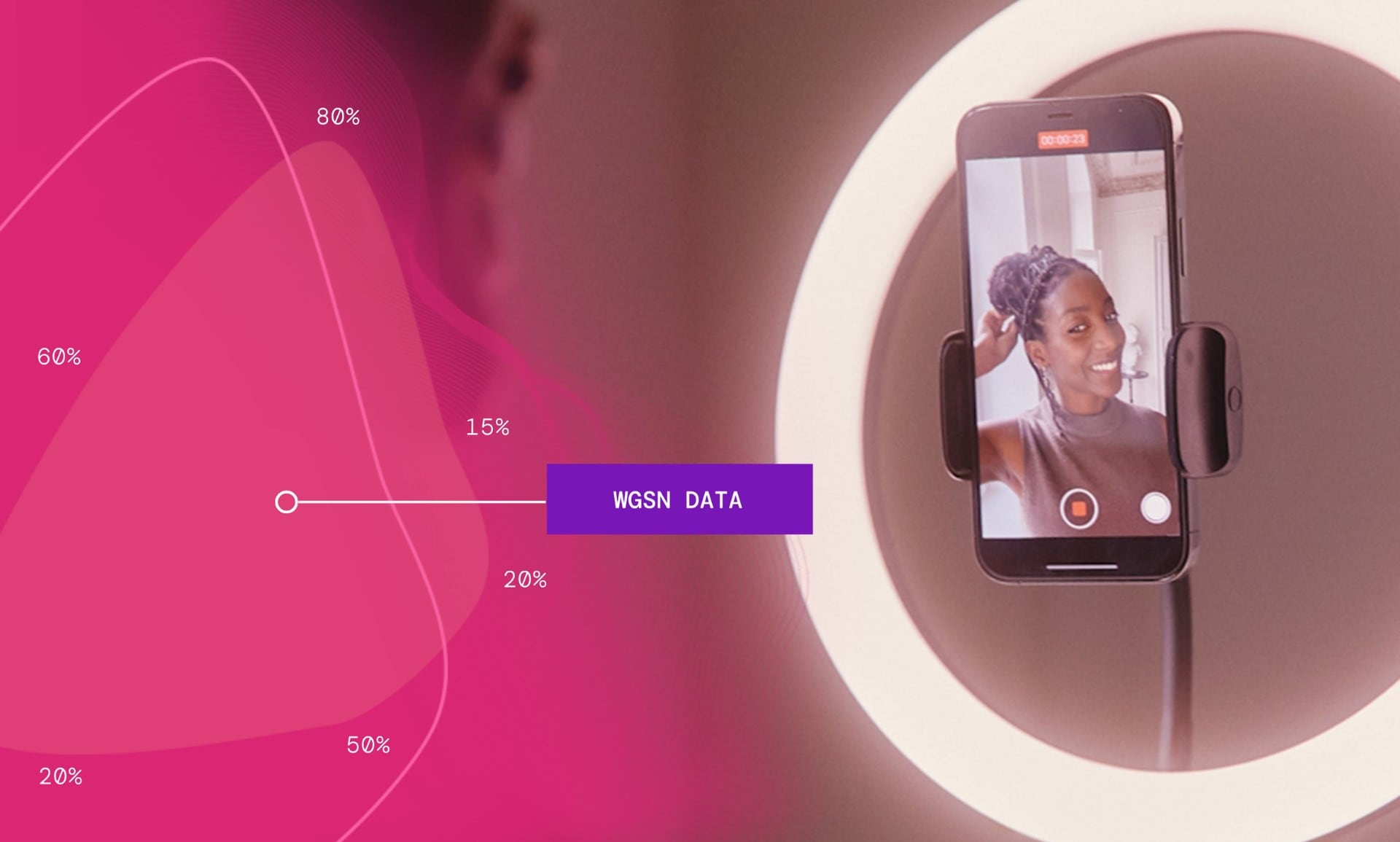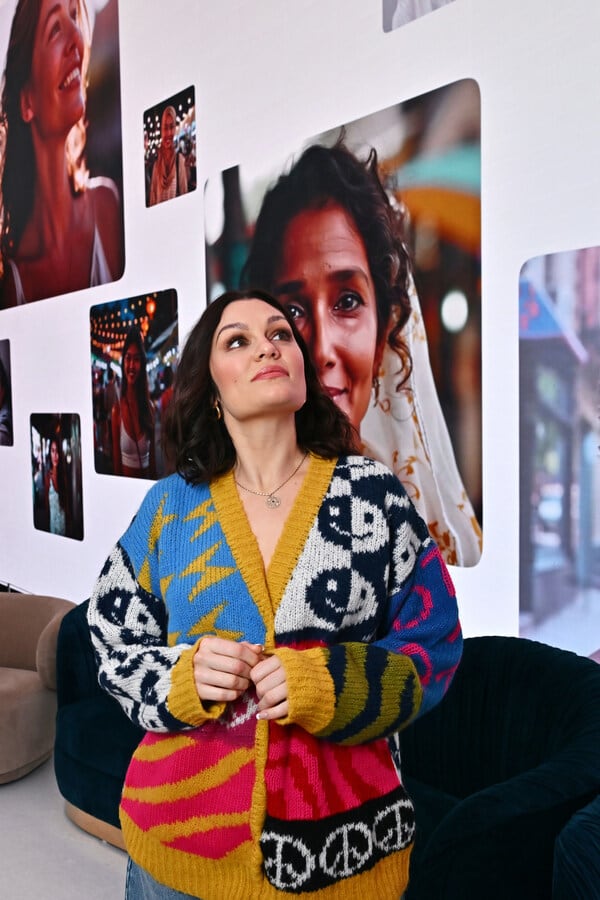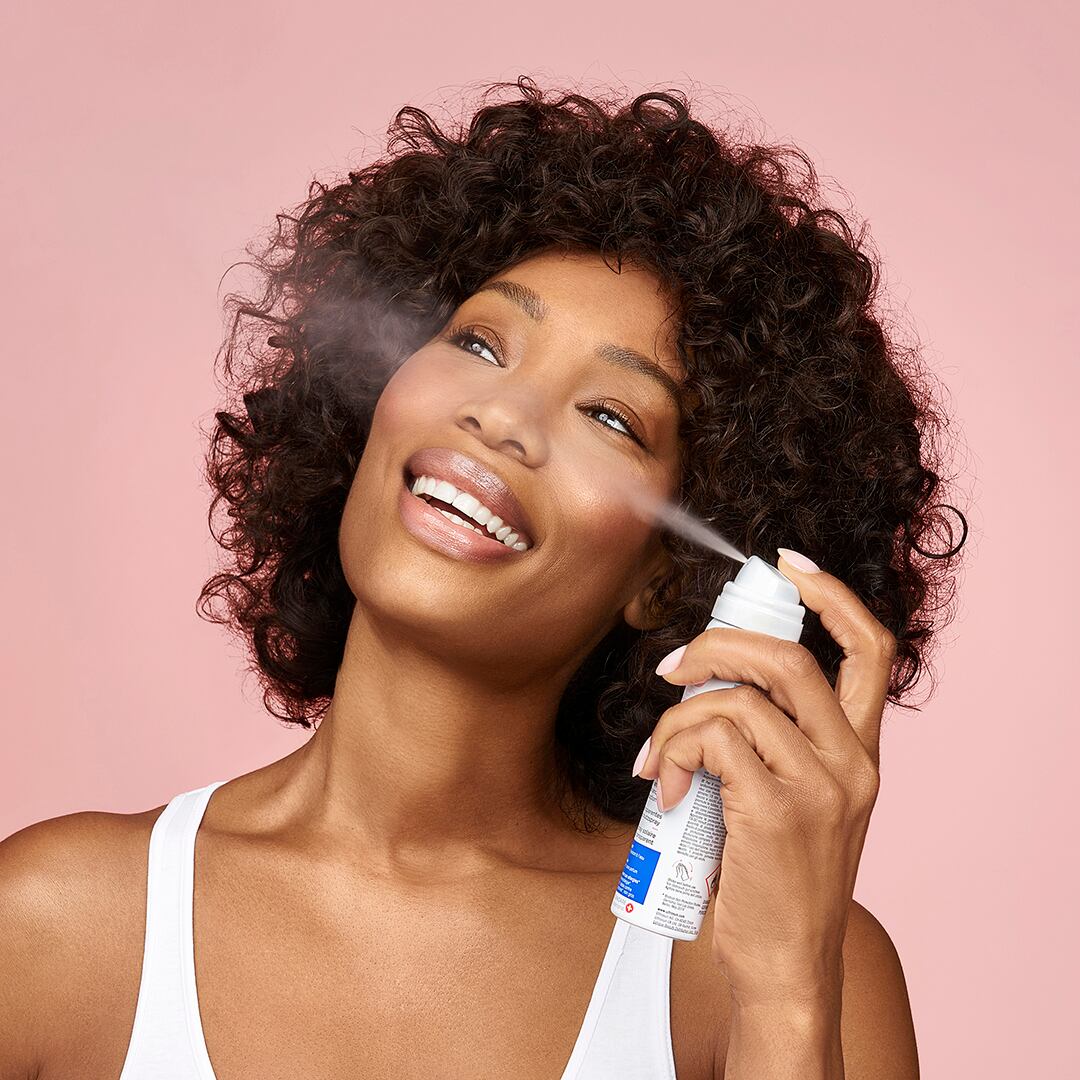‘Longevity Lifestyles’ – a growing trend of people wanting to extend and optimise the quality of their lives – was flagged as a macro trend by forecasting agency The Future Laboratory back in 2023.
And in January this year (2024), L'Oréal’s venture capital fund BOLD acquired a Swiss biotech startup called Timeline, which has developed a proprietary molecule that it said: “can recycle and rejuvenate mitochondria: the powerhouses of cells that tend to malfunction with age.”
Many cosmetics ingredients suppliers are currently innovating in this area, and the VP at beauty market intelligence and trends company Beautystreams, Michele Superchi, recently spoke to CosmeticsDesign-Europe about the topic and highlighted that there’s now even an “opportunity to challenge the cultural idealisation of youth as the beauty standard.”
To better navigate the beauty industry’s current focus on longevity, we spoke to an expert in this field, Professor Osvaldas Rukšėnas, who is a neuroscientist affiliated with the Life Sciences Centre of Vilnius University, to find out more…
Cosmetics Design Europe: Why do you think longevity is such a big topic right now?
Professor Osvaldas Rukšėnas: Longevity is a very hot topic now and there are few reasons for this:
- One point is that population is very steeply increasing. The eight billion mark was predicted to be crossed somewhere this year, but this was actually crossed last year – so roughly one one year earlier than what was predicted – which means that the numbers are growing much faster than it would be expected and that's one problem.
- Another problem is that, in addition to this, we are living longer and longer. Yet living longer doesn't mean living happier. If you are in a bad condition and continue to live long in this bad condition, it doesn't make you happy…
So, switching specifically to cosmetics. I think these are reasons confirming that there is a very bright future for this sector, because if we are living longer and growing in numbers then this means that the population will increase and people's nature – especially females’ nature at any age – is to want to look nice.
Mathematically there are more consumers who are living longer and will need services for longer, so we will need more cosmetics in the long run.
CDE: Focusing more on beauty and personal care, why do you think longevity is so relevant for this industry now?
OR: From a neurobiological point of view, there are two aspects of our life – the external and internal. External meaning how we look; our body and how does it function et cetera, and then internal in terms of our psychological ego – so how do we feel?
We might have very different body shapes, so to say, and we can therefore feel very differently. This is related. It has been demonstrated in experiments that if your body feel is in good shape; if it's fit and healthy, then your psychological wellbeing/ mental wellbeing is supposedly good as well.
If I wake up in the morning, look at mirror and am shocked by what I see, then that doesn't make me happy. It might cause me short-term stress and if it continues every morning then that might even switch to long-running ‘chronic’ stress. This is a sad story both physiologically and neurobiologically. So, I think this is one of the reasons to meet this demand.
There is a lot of research in this area from a neurobiological point of view. For example, ageing is affected by many more factors than we expected. Traditionally it has been linked to genetics. But it has turned out that it's not only genetics – as we also have epigenetics.
I recently read about a study that demonstrated that ageing depends on income, which you wouldn't necessarily think about. It was a longitudinal study from Switzerland with substantial data that compared people with a high and low income. It found statistical difference showing that if you have a lower income, you were more likely to age faster, and your brain might age faster than your peers who have a higher income.
CDE: Are there any other recent scientific breakthroughs or discoveries to note in relation to longevity and the beauty/wellness industry?
OR: Another recent and relevant finding is how walking in nature changes your perception of time. Perception of time is not directly linked to longevity, but again, it's important how we perceive time. I guess everyone has that feeling that time is running faster.
So this is another interesting topic – as time has been shown as being related to nature somehow. There are so many, many interesting things are happening around this topic now and progress is tremendous.
The differences between how the sexes age is also very important and this is another very interesting field that is now developing: how we age differently.
Women and men are both ageing, but it looks like there are different aspects to this. One example is with neurogenetic generative diseases like Alzheimer's disease. It’s been documented that these diseases are more frequent in women than men and it's not entirely clear why this is so.
One explanation is that if we look physiologically, this period of life for women is coupled with the menopause – a period when the gonadal system strongly restructures and this effects hormone levels and in particular, oestradiol levels.
One of the main female gonadal steroids we talk about is oestradiol, it performs a high number of functions including neuroprotective function, which means that it protects the neural cells. So, this mechanism looks pretty simple: if the volume or concentration of oestradiol drops down, this protective function drops down and that might cause these types of neurodegenerative diseases. That’s one possible explanation.
In relation to the beauty industry, I think this is directly related to ‘healthy ageing’. That's the ‘lighthouse’ we are looking for. Most people would like to benefit from ‘healthy ageing’ and when we talk about this, it looks like there are some simple measures that could be very efficient.
However, although the measures appear pretty simple, the problem is to actually do this. For example, when it comes to eating healthy food, being in your kitchen making healthier food is harder than simply buying some processed food.
But with ultra-processed food, it has been documented that this is very badly affecting our brain. So, if you remove this food from your diet then that's a small step towards healthier ageing.
Another relevant point is getting up from the sofa and doing physical activity. It has been shown in experimental data from the UK, if you watch more than three hours of TV per day, your memory deteriorates just because of that.
So, the conclusion is pretty simple. Turn off the tv, go to a forest, walk around for few hours and you'll have a much healthier body.
And if you have healthier body that potentially has an influence on how you look. And this is related to the beauty industry because if you look nice you might also then be in better psychological shape. And that's how it's all related.
We can't avoid ageing, but we can ‘shape’ this process making it healthier and that, to a large extent, depends on us…
CDE: Do you have any more insights to add on the topic of 'longevity lifestyles' in relation to longevity focus in the beauty and wellness industries?
OR: Another point to cover is the differences between the sensory systems for men and women. Meaning how we see, how we hear, how we smell, and how we taste.
So these differences were pretty well documented, and I mentioned this as a reminder that these differences do exist. Another point to note is that we are changing with time and that these differences are at different speeds for women and men.
If you take, for example olfaction, which is not critical but it's good to have in your life. This deteriorates in in males much earlier – somewhere around the age of 55 years – whereas in ladies it starts to deteriorate around the age of 70 to 75. So, women might enjoy their olfactory sense for much longer. The sensory differences are amazing.





